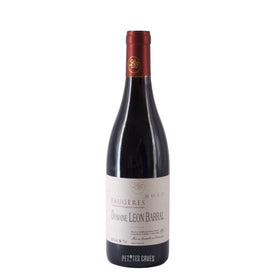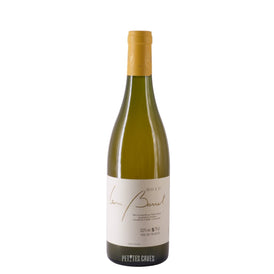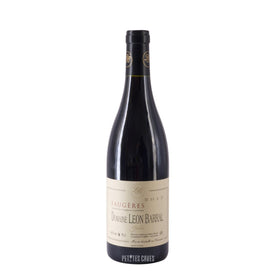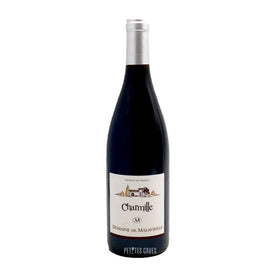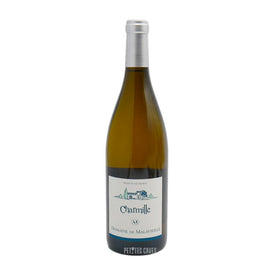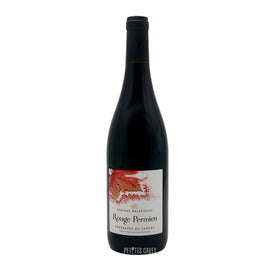Winery Léon BARRAL
winemaker : Didier Barral
Region: Languedoc
City: Cabrerolles
Grape varieties : syrah, grenache, mourvèdre, terret
Surface Winery: 25 ha
Annual production: 85.000
Certification: Bio (AB)


The wines of the Winery

These wines should also please you

We're talking to you about his Winery
|
Didier Barral, these are renowned wines, healthy, pleasant to drink and digestible to lose one's head! In search of an authentic expression of his terroir, the Faugères, Didier spares no effort in the vineyard and produces superb natural wines. What a long and beautiful way since he settled on the paternal schists of Lenthéric, at the beginning of the 1990s! Around his vines, he has set up an almost unique system of organic mixed farming (cows grazing in the vines, caterpillar tractors so as not to compact the soil, compost prepared from recycled cardboard boxes, bat nesting boxes).... Here, everything has been done naturally, through hard work and common sense to promote soil life. And yet, what a long way we have come since we took over the farm in 1993. In order to improve the permeability of its soils, it relies first and foremost on earthworms, the best allies for fertile soil. Today, it reduces as much as possible the passage of machines that compact the soil too much, and no longer practices any chemical treatment.
|
Didier does not use sulphur or copper either. To enrich the soil and encourage earthworms, he has acquired a herd of cattle and some horses, which graze the vines in winter. The animals bring organic matter to the plots and pre-prune the vines by eating the upper part of the shoots. The rest of the year, the cattle graze fallow land and former vineyard plots that have been converted into permanent grassland. Never short of ideas, Didier Barral is multiplying tests to encourage biological control of parasites. Hedges have been planted between the plots of land to provide a home for beneficial insects and he has even built bat nesting boxes to provide a refuge for these precious allies who, at night, devour many of the insects responsible for grape worms. In short, it's great for Petites Caves !
|


